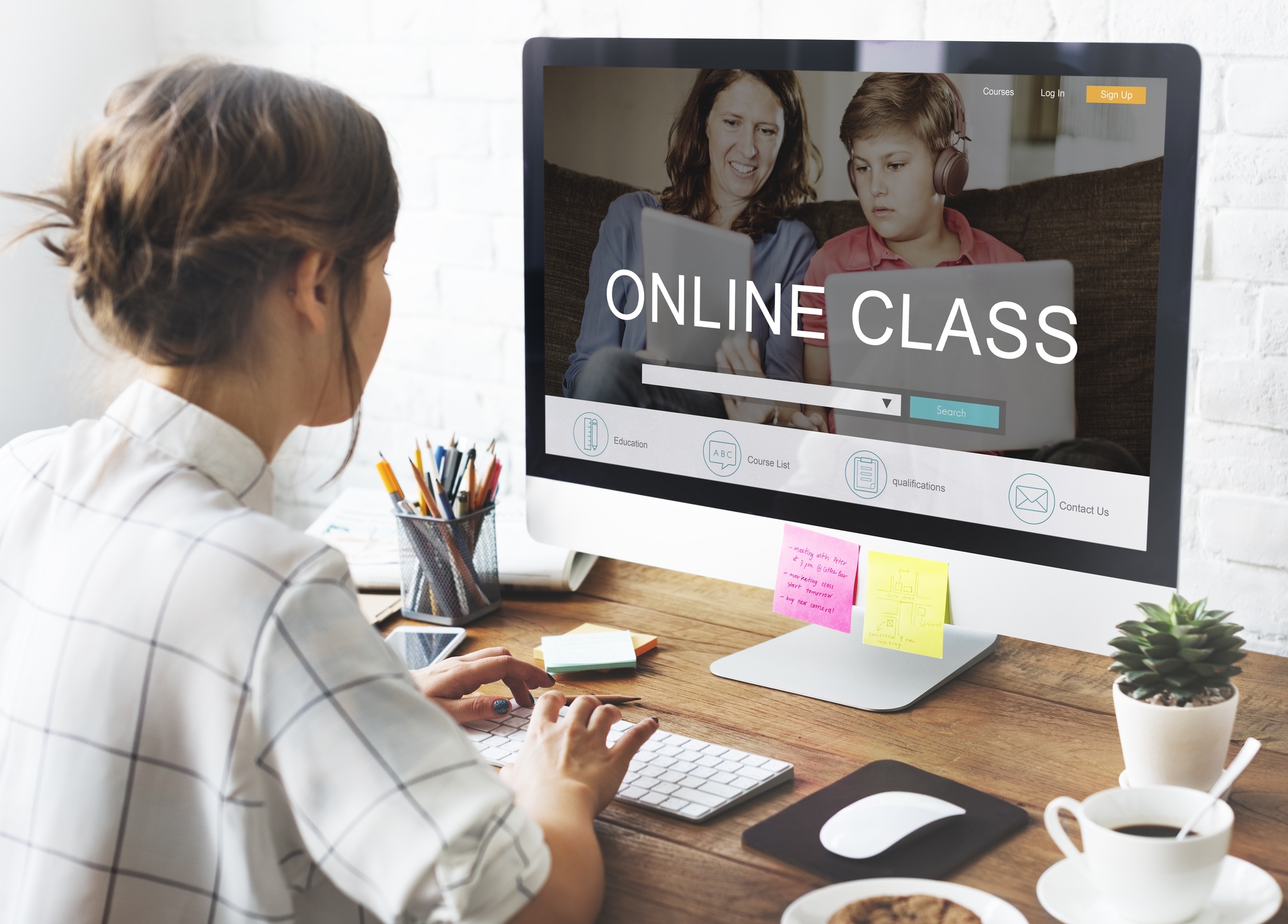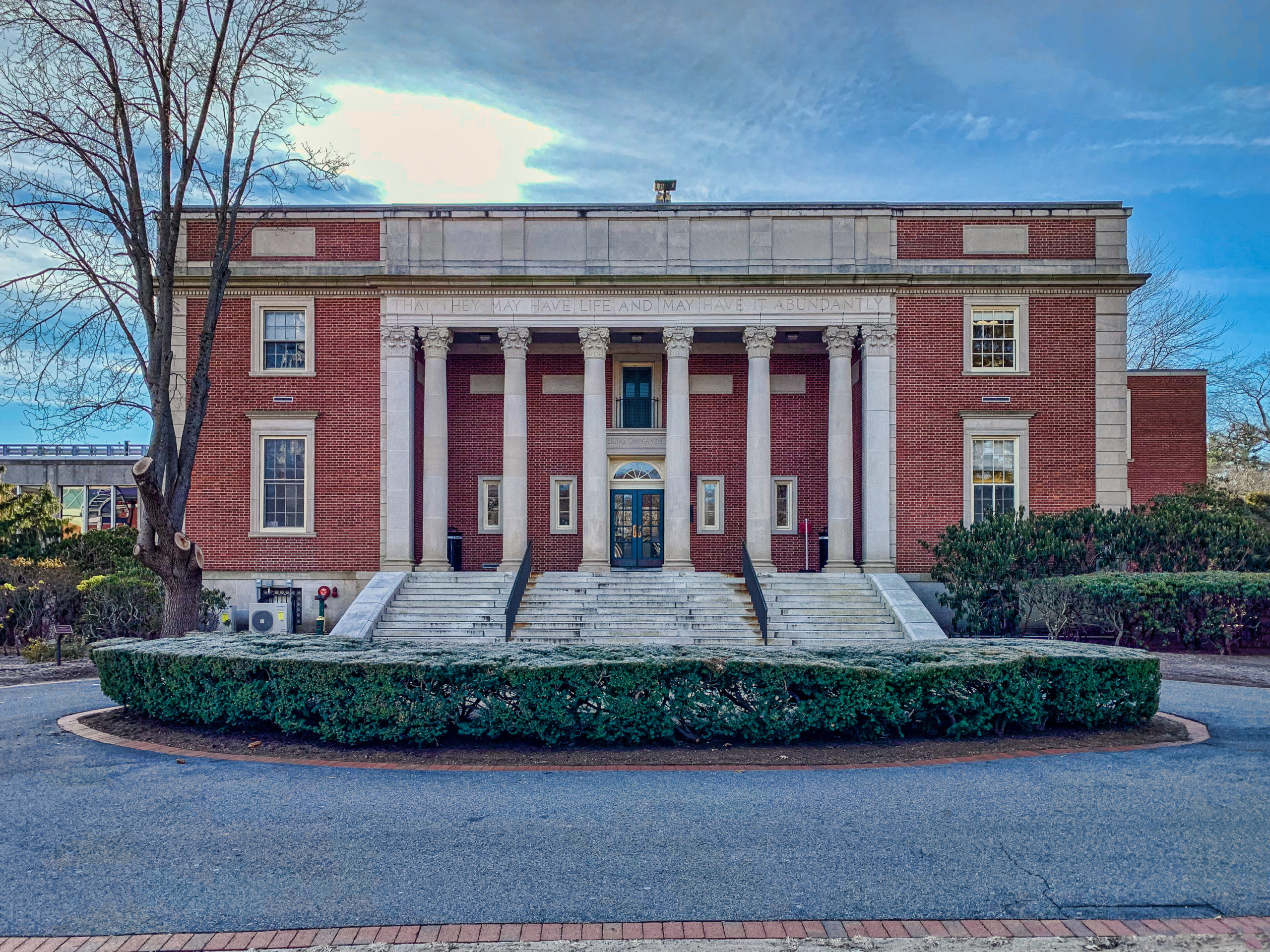
President Hanno’s email update to students on Mar 20, 2020, included that the campus staff were working diligently to build virtual experiences and online programming to keep everyone connected through what he described as “this unprecedented time.”
The Wheaton Center for Collaborative Teaching and Learning, established over a year ago, is working on offering advice and ideas about adapting assignments, managing student needs and expectations and inclusion concerns. They have offered professors the option for 30 minute one-on-one sessions to work through issues that may come up during the transition. The co-founders wrote an opinion piece for University Business that includes their main aim for the online learning process – supporting the faculty members and administrators who are responsible for this transition.
Professors have chosen different platforms to continue their interaction with students. The Library website and Media Services now offer resources for Google Meet and Zoom, given that some professors have begun to utilize them for synchronous classes. They also offer OnCourse support, the learning management system the college uses, as some professors begin to rely more heavily on the discussion forums to communicate with students.
“I’m disappointed that I don’t get the chance to interact on Zoom like some of my friends, my professors have chosen to pre-record their lectures instead. For one of my classes, the students got together and decided to meet online anyway to stay connected,” said Zoe Garrett ‘22.
“Small chat classes and recorded call classes are kind of great because you can easily go back to reference the thoughts of yourself and others,” said Aba Lypps ‘21. “The downside, of course, is that text doesn’t convey tone or leave room for word error and is more easily misconstrued.”
Professor Chapman, a visiting Instructor of Business and Management at Wheaton College, reminds professors and students making the transition that things don’t always go according to plan.
“The key thing to remember is that things rarely go as planned, so plan for the unexpected. The technology is there to make this possible. Online education is different from the classroom, but it can be just as effective. To those who are scared by this, I encourage you to try it out. It isn’t as new as you might think, and every day thousands of people are learning online,” said Professor Chapman.
When it comes to students reliant on the campus library for access to resources like textbooks, the library staff’s resource page includes a list of vendors that are offering their textbooks online for free this semester and instructions on digitizing resources for professors. Corynne Breen ‘20 started her own initiative; a thread on a class Facebook page for students to share articles they no longer have access to.
In response to student concerns about the impact of this crisis on continued academic success, the Committee on Educational Standing approved a change to the Grade/Pass/Fail policy, allowing students to exercise the option on any and all courses they are taking in the Spring 2020 semester.
“Wheaton made the right move by allowing us to make our classes Grade/Pass/Fail. It helps alleviate some of the stress in these uncertain times,” said Corynne Breen ‘20.
The Office of the Registrar and Filene Center for Academic Advising and Career Services pushed back the deadline for dropping a class, to May 1, as well as advising week itself, which will now take place between April 6 and 10 of 2020. Each class is now allowed two days for registration, and the registration PINS, typically handed out by the student’s advisor, are no longer required for the semester. Students are recommended to continue to communicate with their advisors during the process.
“It’s something new to navigate that most of us have never done before. And I’m glad that we are taking steps to reduce the risk to our community,” said Mikaela Savarese ‘22, the SGA Accessibility board Chair.
The Accessibility board is working with Autumn Grant of Accessibility Services to offer an information session to aid members of the community in getting their questions and concerns regarding accommodations and accessibility during our period of remote learning answered.
